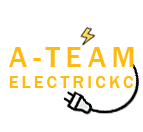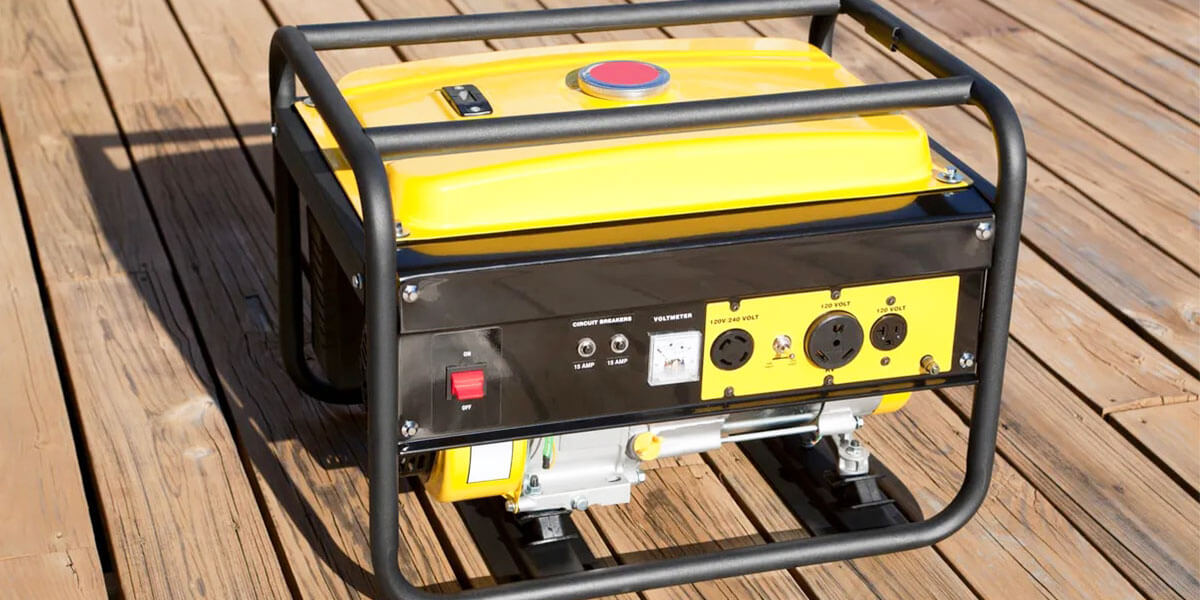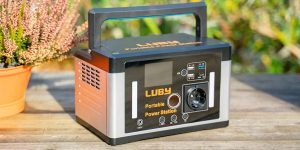Outdoor generators can be very useful when it comes to your outdoor vacations or during power outages. Nevertheless, you should follow generator safety tips when working with them. Improper use of these devices leads to dangerous hazards such as carbon monoxide poisoning, fire, and electrocution. Knowing generator safety checklists will help you enjoy the benefits of generators without putting yourself in danger.
Fundamentals of outdoor generators
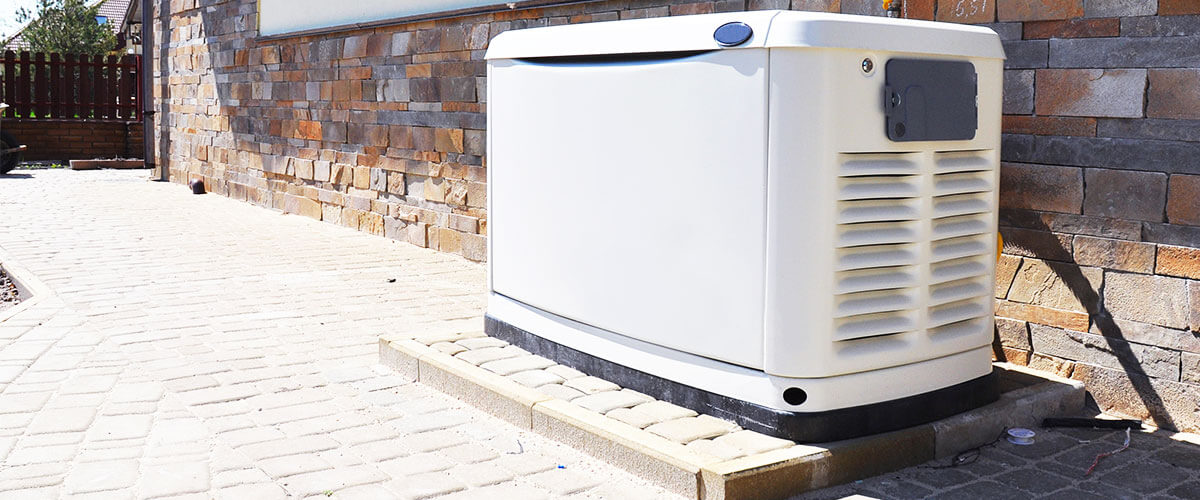
Portable generators power outdoor areas, for example, campsites, without which power connection is either difficult or of poor quality. Almost every family has a generator, which can serve as a backup source of electricity during power outages, support events where lights, sound systems, or cooking equipment need to be powered, etc. They come in different sizes and capacities, designed to meet different power requirements, from charging mobile devices to running large appliances.
Yet, the advantage of using outdoor generators is accompanied by potential dangers which should not be ignored. Carbon monoxide poisoning is the most serious risk because generators produce this odorless, deadly gas. You ought to ensure that they’ve been working in well-ventilated areas to avoid CO buildup. Apart from that, fire risk, resulting from poor fuel storage or working close to flammable materials, is also of concern.
Before you start
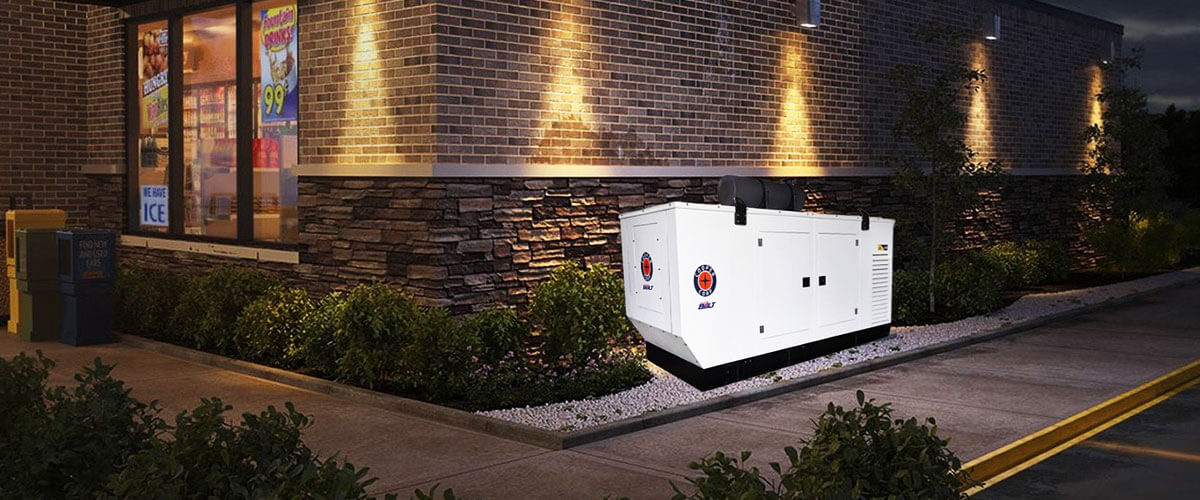
- Read the manufacturer’s manual:
This process ensures you know the precise requirements for your model and portable generator safety precautions, preventing abuse and accidents.
- Proper installation:
Put the generator in a well-ventilated, dry place where it cannot be affected by CO poisoning and electrical shock hazards. Do not employ a generator inside or in enclosed spaces.
- Use protective gear:
While operating or refueling your generator, use protective gear like gloves to avoid burns and cuts and safety glasses to shield your eyes from possible splashes or debris.
Safe operation practices
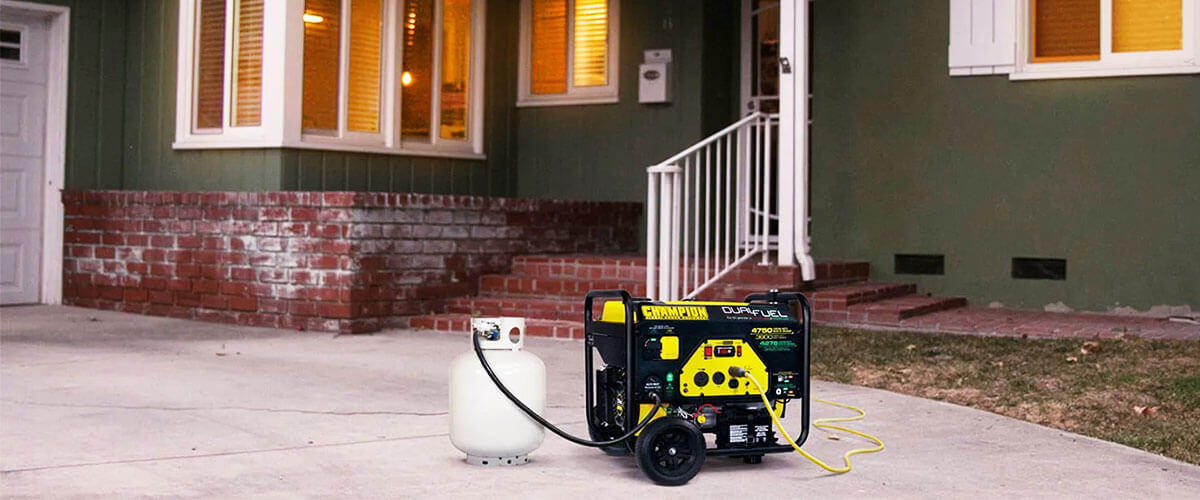
Using a generator safely is of critical importance when dealing with these devices. Prioritize proper setup, use, and maintenance to guarantee safety and efficiency while minimizing associated risks and hazards. Here, I will share more detailed tips:
Carbon monoxide safety
- Strictly outdoor use: Generators should always work outside, at a distance from windows, doors, and ventilation openings of living spaces. This makes it difficult for CO to enter and accumulate in homes or buildings.
- Safe distance practices: Keep the distance between the generator and indoor places at least 20 feet to prevent exhaust emission into the enclosed spaces.
- Adequate ventilation: Refrain from because generators can’t be used in enclosed or partially enclosed spaces like garages, basements, or sheds.
- Utilizing CO detectors: Use an unplugged battery or battery-backed decorator CO detectors for your home as well as around the sleeping areas. These gadgets can give a timely warning if the CO concentrations get dangerous so you can take some action to save yourself.
Electrical Safety
Electricity safety is the main focus when dealing with outdoor generators; preventing electric shocks, fires, or other dangers is an important requirement. Key measures include:
- Grounding the generator: Confirm that the ground from your generator is connected in line with the manufacturer’s instructions. Good grounding reduces the danger of getting an electric shock by giving a safe way for the electric charge to flow.
- Correct usage of extension cords: Use heavy-duty cord sets rated for outdoor and in good condition that are under the wire gauge needed for the device load. This helps the cords avoid overheating and, thus, the chances of them being lit.
- Avoid overloading: Do not exceed the loading capacity of extension cords by plugging in too many devices at once, which may cause overheating and fire problems.
- Dry operation conditions: Dry the generator to avoid electrical shock or short. When the outdoor conditions are wet, check to make sure the generator has a proper cover and ventilation to keep it dry.
- Avoiding backfeeding: Don’t connect a generator directly to your home or office outlets. This process, referred to as “back feeding,” allows electricity to flow back into the power lines, potentially severe to utility workers and the neighbor connected to the same transformer.
- Safe alternatives: Get an electrician certified to install a transfer switch. You can securely connect this appliance to the internal circuits of your home to energize your house load and avoid backfeeding.
Fuel handling
Proper fuel management is essential in running outdoor generators safely to prevent accidents such as fires, spills, leaks, and exposure to dangerous fumes.
- Fuel quality: Verify that fuel is clean and new. Too old or contaminated fuel can reduce engine performance and make it worse. Always go for the recommended quality fuel of high standard by the generator manufacturer to sustain the best operation.
- Cool down before refueling: Always turn off the generator after and let it cool down before refueling.
- Use a funnel: Pouring the generator gas into the funnel avoids leakages. The accidental spilling of fuel can be ignited if it comes in contact with hot surfaces or if there is some nearby ignition source.
- No smoking: Do not smoke close to or while working on the fuel to the generator. Gasoline fumes are highly flammable and can quickly explode/ignite with a spark or open flame to cause a very destructive hazard.
Emergency preparedness
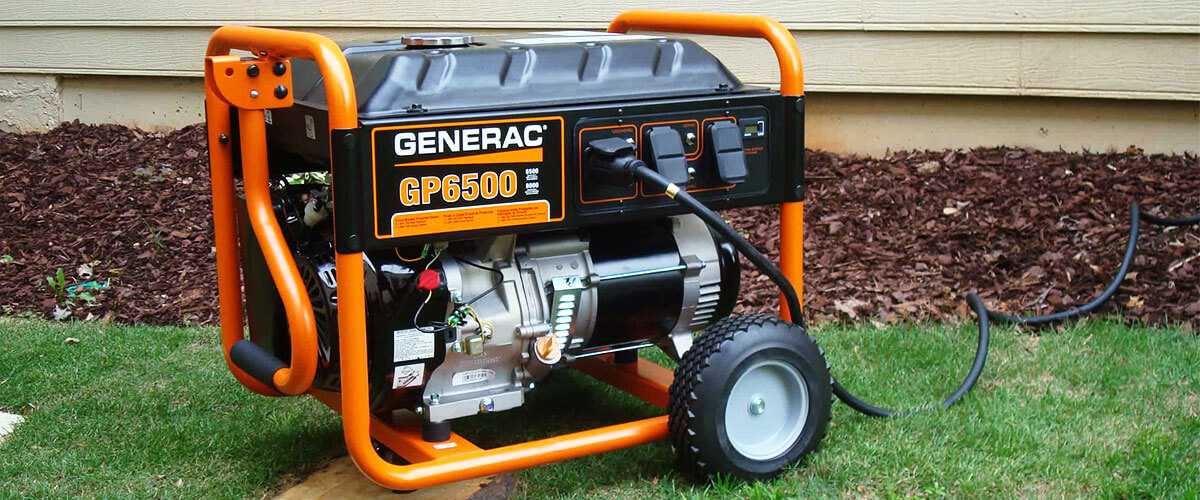
It is especially important to always be ready for emergencies, which are handled using the safety of a generator during power outages or natural disasters. My review will help you understand how to use your generator safely, cover the places to set it, avoid carbon monoxide poisoning, and maintain it. Remember that with generators, risks must be identified and planned for, with all family members knowing how to correspond safely and competently to emergencies.
Moreover, a well-equipped first aid kit is also recommended and should be easily accessible. This is also an essential component of dealing quickly with any possible injuries. No less significant is a list of emergency contacts, including local emergency services, your family, and friends.
